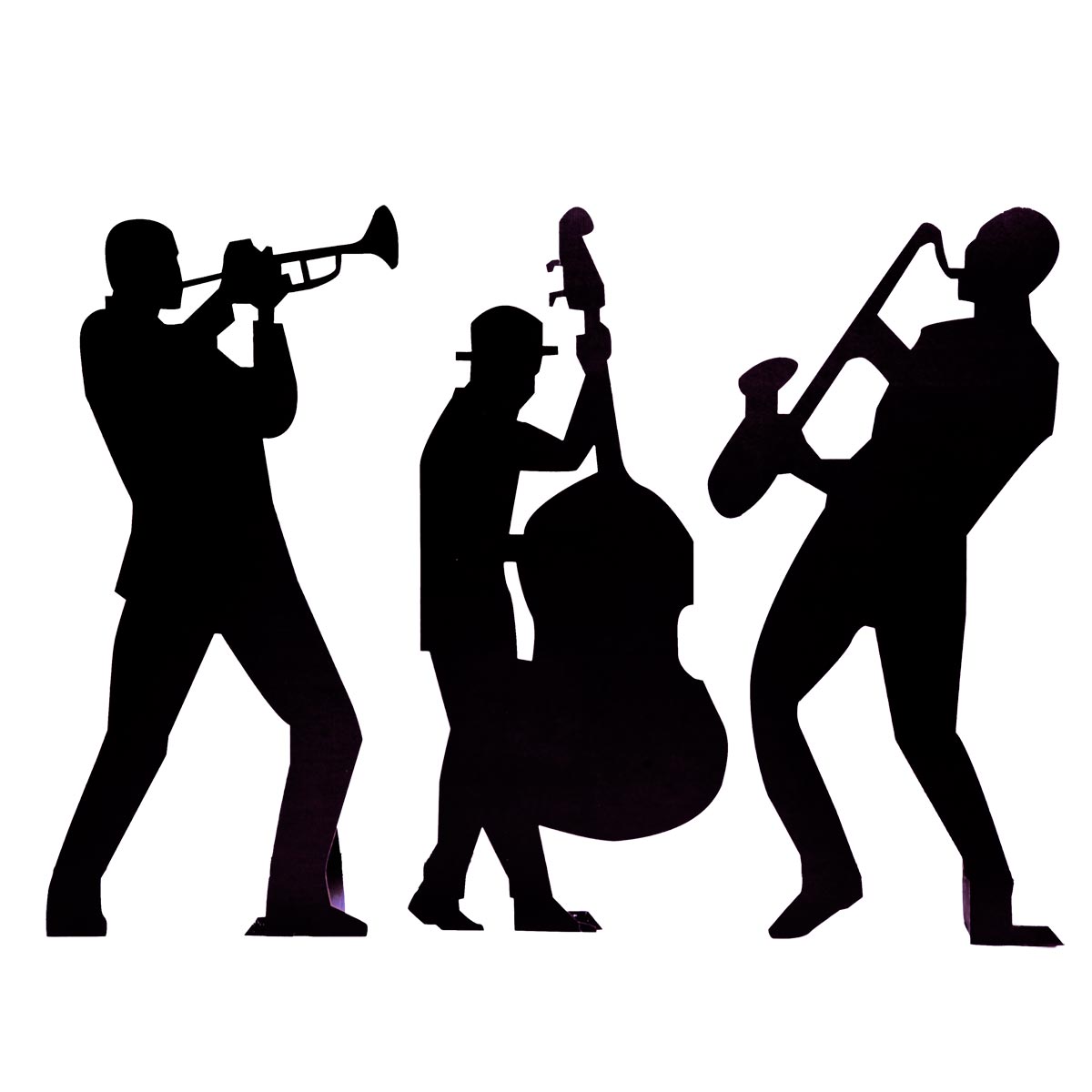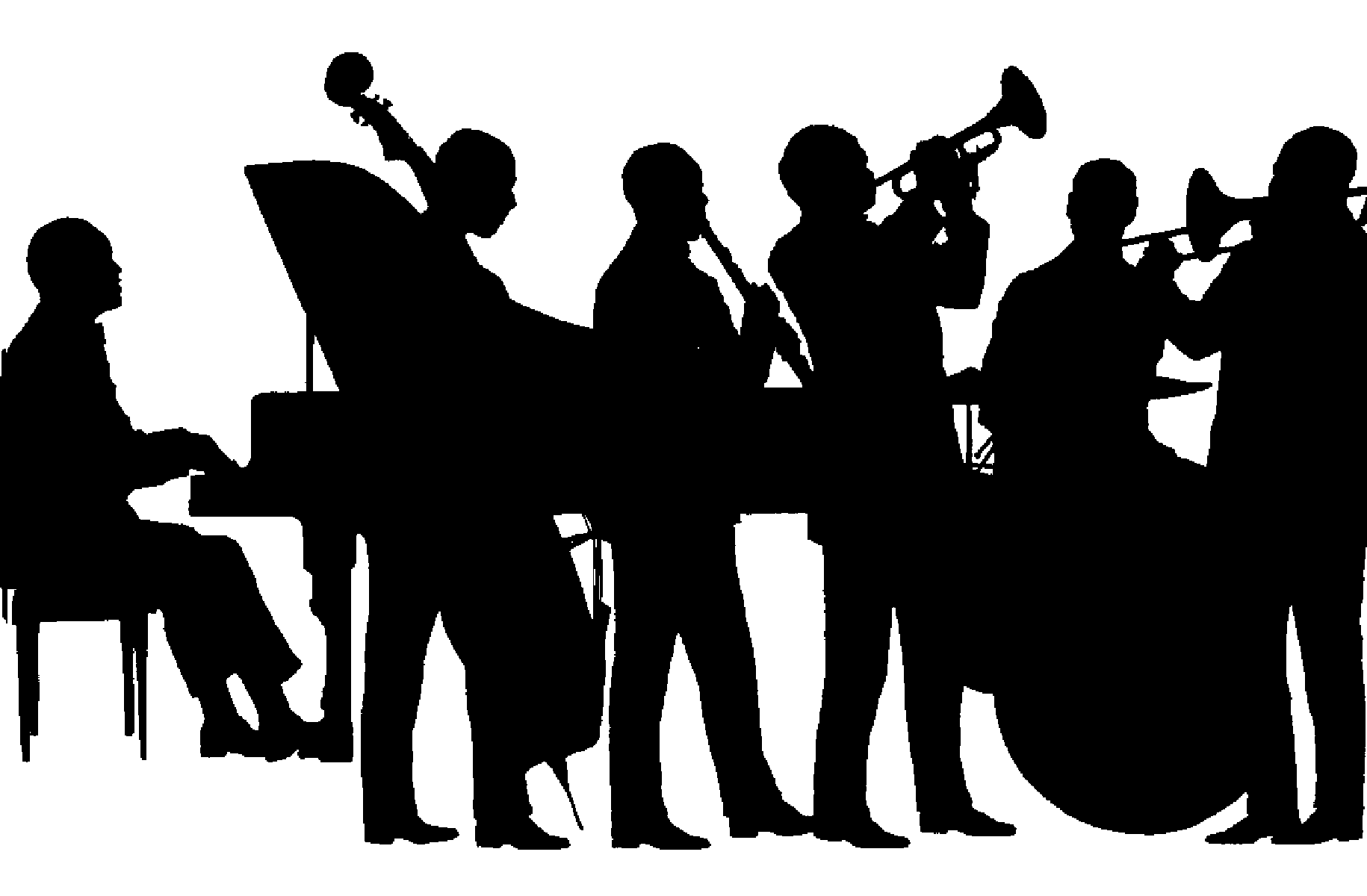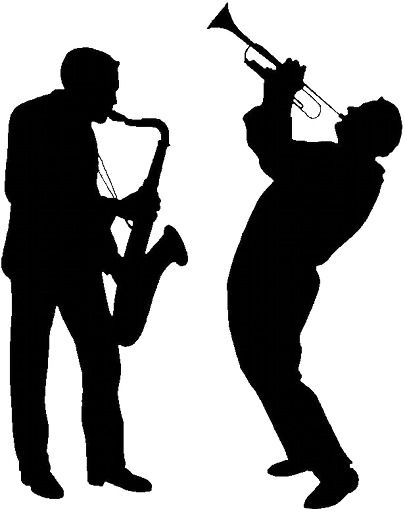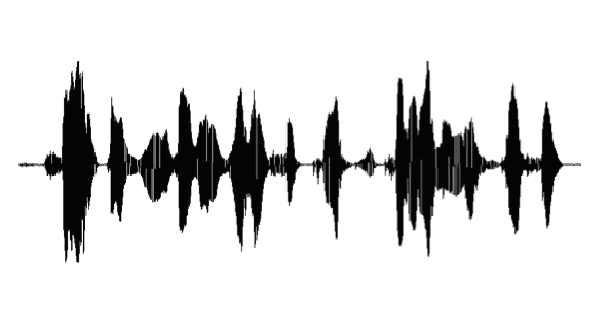































The recorded legacy of jazz spans a century and provides a vast corpus of data documenting its development. Recent advances in digital signal processing and data analysis technologies enable automatic recognition of musical structures and their linkage through metadata to historical and social context. Automatic metadata extraction and aggregation give unprecedented access to large collections, fostering new interdisciplinary research opportunities. This project aims to develop innovative technological and music-analytical methods to gain fresh insight into jazz history by bringing together renowned scholars and results from several high-profile projects. Musicologists and computer scientists will together create a deeper and more comprehensive understanding of jazz in its social and cultural context. We exemplify our methods via a full cycle of analysis of melodic patterns, or licks, from audio recordings to an aesthetically contextualised and historically situated understanding.
The project is an ongoing collaboration between six different universities across four countries, which started on 1 Oct 2017 and was funded until 30 Sep 2019 by the Trans-Atlantic Program Digging into Data Challenge (see announcement here) via the support of the Economic and Social Research Council (UK), the French National Research Agency (France), the Deutsche Forschungsgemeinschaft (Germany), and the National Endowment for the Humanities (USA).